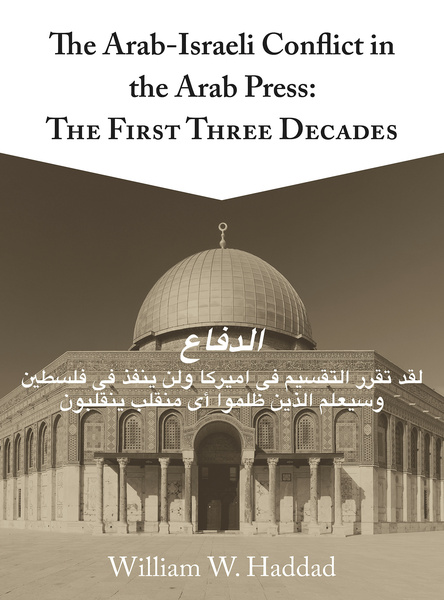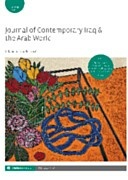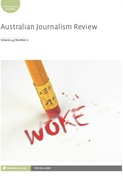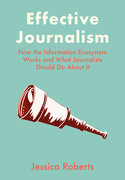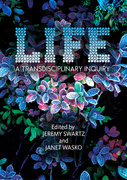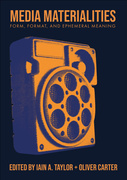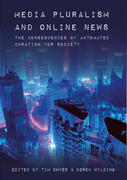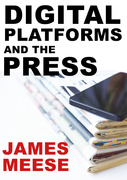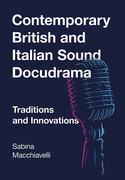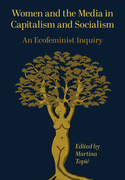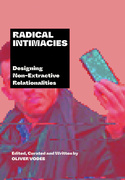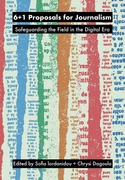The Arab-Israeli Conflict in the Arab Press (Book)
The First Three Decades
This monograph provides a much-needed history of the Arab print media as well as an in-depth study of translated Arab media sources, remedying a remarkable gap in Western intellectual culture. Setting the scene, the manuscript begins with a brief historical narrative of Arab newspapers from the 1940s to the mid-1970s, when a free press virtually disappeared. William Haddad then explores the historiography of the Arab print media, compiling a valuable collection of available scholarship on the subject. The book simultaneously considers the contemporary ongoing problem of censorship in Middle East journalism. With this valuable context, Haddad then sets about examining the Arab print media's view of the Arab-Israeli conflict in its first three decades. By giving voice to the Arab political journalists who wrote editorials and opinion pieces, the bulk of the book explores the variety of opinions held in the Arab print media regarding the Arab-Israeli conflict.
Edition
This monograph provides a much-needed history of the Arab print media as well as an in-depth study of translated Arab media sources, remedying a remarkable gap in Western intellectual culture. Setting the scene, the manuscript begins with a brief historical narrative of Arab newspapers from the 1940s to the mid-1970s, when a free press virtually disappeared. William Haddad then explores the historiography of the Arab print media, compiling a valuable collection of available scholarship on the subject. The book simultaneously considers the contemporary ongoing problem of censorship in Middle East journalism. With this valuable context, Haddad then sets about examining the Arab print media’s view of the Arab-Israeli conflict in its first three decades. By giving voice to the Arab political journalists who wrote editorials and opinion pieces, the bulk of the book explores the variety of opinions held in the Arab print media regarding the Arab-Israeli conflict.
William W. Haddad is professor of history emeritus at California State University Fullerton.
Foreword: The Arab-Israeli Crisis in the Arab Press: An Untapped Resource
Mary Marki
Chapter 1: Introduction to the Manuscript
Chapter 2: Editorial Opinion on May 1948
Chapter 3: From the Palestine War to the Assassination of King ‘Abd Allāh
Chapter 4: The Decline of Western Influence from the Death of ‘Abd Allāh to the 1956 Suez Crisis
Chapter 5: From Sinai to the End of a Free Press in the UAR, 1956–58
Chapter 6: The Period Dominated by ‘Abd al-Nāsir: 1958–70
Chapter 7: The Arabs Move to the Offensive: 1970–74
Chapter 8: Al-Salām or Al-Istislām? 1974–78
Chapter 9: Conclusion
'William Haddad’s scholarly account of how the Arab press has covered the Arab-Israeli conflict over the last half century is a welcome and long overdue contribution to our collective knowledge of the conflicting narratives of Israelis, Palestinians and other Arabs. The inclusion of a wide range of newspapers from a number of different Arab nations highlights both the similarities and differences of press coverage within the Arab world. Arab editorials on the conflict are also put within a global perspective. The general low level of proficiency in Arabic in most of the western world, as well as deeply embedded cultural and political biases, has resulted in the Arab press being largely ignored, understudied or worse, misrepresented in the West; this book is a major contribution in filling that gap.'


